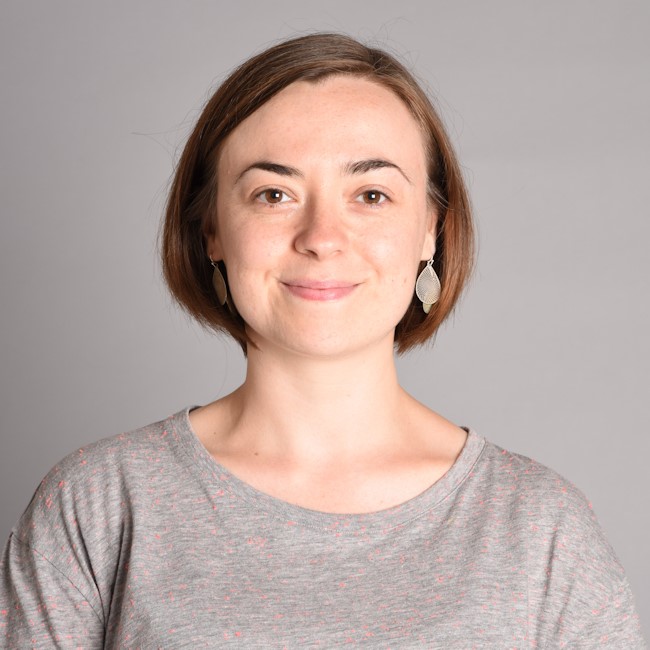 Hello, my name is Sally.
Hello, my name is Sally.
I manage the NIHR Yorkshire and Humber Applied Research Collaboration (YH ARC). In our ARC, our aim is to bring people together across the health and care system and our communities to speed up the translation of research into practice. In collaboration with leaders across the system, YH ARC leads on research for the Partnership.
Research is all around us. It is used every day to guide decisions, understand problems, answer questions and improve our practice. Perhaps the most notable example of research in action in the last few years was during the Covid-19 pandemic. It shone a light on the power research has to generate change. In record time, research helped us develop global vaccines and work out that existing drugs and practices could save lives. But research also helped us challenge assumptions and explore difficult questions about inequalities. For example, while the overall vaccine uptake was high, when looked at more closely, people from minority ethnic backgrounds were much less likely to take it up than people from white backgrounds. And people living in the most deprived areas were much less likely than those in the least deprived areas to have it. And being from a minority ethnic background or more deprived area meant you were more likely to get seriously ill or die. This powered further research with communities and voluntary sector organisations to understand the drivers behind this difference in uptake and outcomes so that we could all take action to tackle this. And it worked (to some degree). Working hand in hand with communities, voluntary sector organisations and statutory services, rates of vaccine uptake improved and rates of illness and deaths reduced.
West Yorkshire has some fantastic research assets and there are examples of great work happening across all of our places. To bring this knowledge and action together we formed the Research Leadership Working Group (RLWG) to build a strategy for research across our Partnership. We worked with place leads to look at the focus of place-based research strategies and where we could come together to add value. The strategy doesn’t set out what research we need to do, rather it focuses on our ambitions at a system level to ensure that research is threaded through everything we do. The strategy has five ambitions:
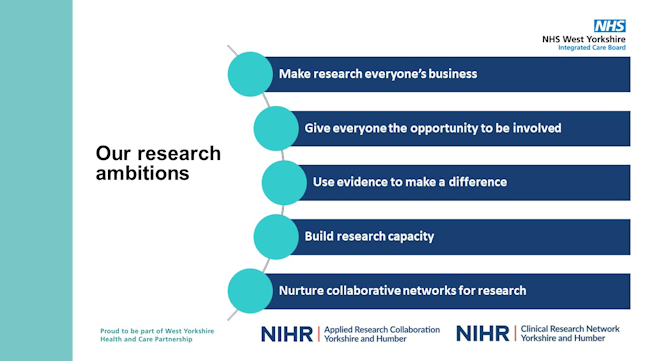 Make research everyone’s business
Make research everyone’s business- Give everyone the opportunity to be involved
- Use evidence to make a difference
- Build research capacity
- Nurture collaborative relationships
There’s more information about each of these ambitions in the Partnership’s Joint Forward Plan (pages 102 and 103 of the PDF document).
Everyone should have the opportunity to be part of research. Our strategy focuses on improving equitable access to research opportunities for our communities, ensuring that the research we do represents our diverse population. This is not only the right thing to do, it’s the most scientifically sound. The more representative our research is of our communities, the more likely it is that our findings, when applied in practice, will make a positive difference for everyone.
When boiled down, all health and care research has one thing in common: the desire to improve things. Whether it's about understanding inequalities in access or outcomes, evaluating a new service model or testing a new drug, the end goal is the same: to improve the health and wellbeing of our communities in a fair and equitable way. And we can all get behind that.
If you want to find out more about the West Yorkshire Health and Care Partnership’s research strategy and the work of the Research Leadership Working Group, get in touch at sally.
Thanks for reading,
Sally


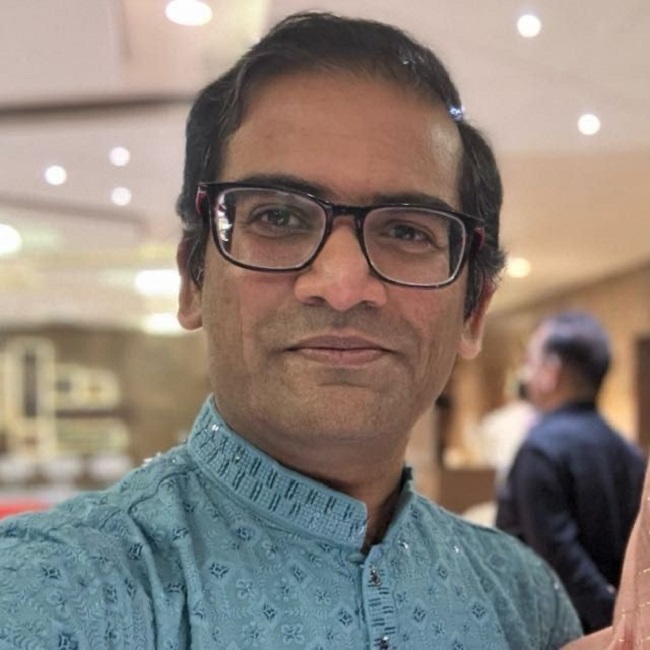 Hello my name is Sunil
Hello my name is Sunil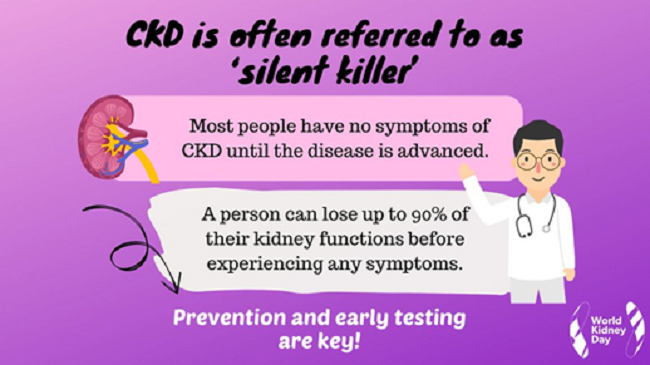 Most of us have two kidneys that work 24/7 filtering 160-180 litres of bloods every day and removing the toxins that our bodies produce. In addition, kidneys regulate our blood pressure, produce a hormone (erythropoietin) that helps red blood cell (RBC) production and activates the sunshine-provided vitamin D in our bodies, thus helping our muscles and bone to work properly. Kidneys are very busy vital organs.
Most of us have two kidneys that work 24/7 filtering 160-180 litres of bloods every day and removing the toxins that our bodies produce. In addition, kidneys regulate our blood pressure, produce a hormone (erythropoietin) that helps red blood cell (RBC) production and activates the sunshine-provided vitamin D in our bodies, thus helping our muscles and bone to work properly. Kidneys are very busy vital organs.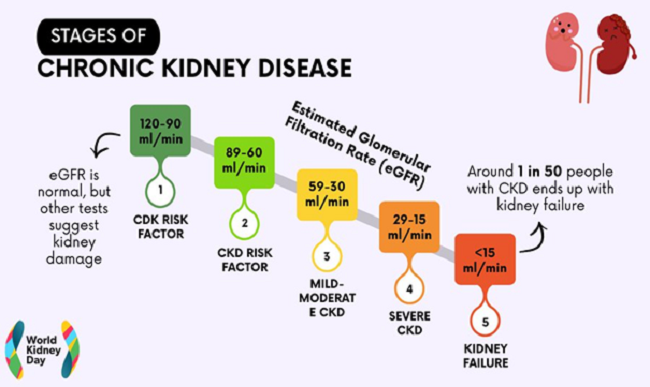 A small proportion of people living with CKD (1 in 50) end up with kidney failure, but a much higher proportion have a greatly increased cardiovascular (CVD) risk as kidney failure causes damage to our blood vessels. That means people with stage 3 kidney disease are much more likely to have heart attacks, strokes, heart failure or problems with the circulation to their feet and toes. Six serious CVD events happen every year for every 100 people with moderate to severe CKD. This risk increases as kidney disease gets worse.
A small proportion of people living with CKD (1 in 50) end up with kidney failure, but a much higher proportion have a greatly increased cardiovascular (CVD) risk as kidney failure causes damage to our blood vessels. That means people with stage 3 kidney disease are much more likely to have heart attacks, strokes, heart failure or problems with the circulation to their feet and toes. Six serious CVD events happen every year for every 100 people with moderate to severe CKD. This risk increases as kidney disease gets worse.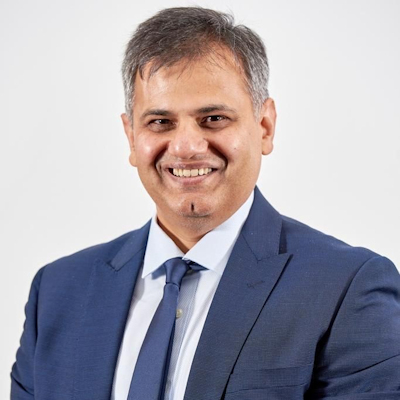 National recognition for Dr Sohail Abbas
National recognition for Dr Sohail Abbas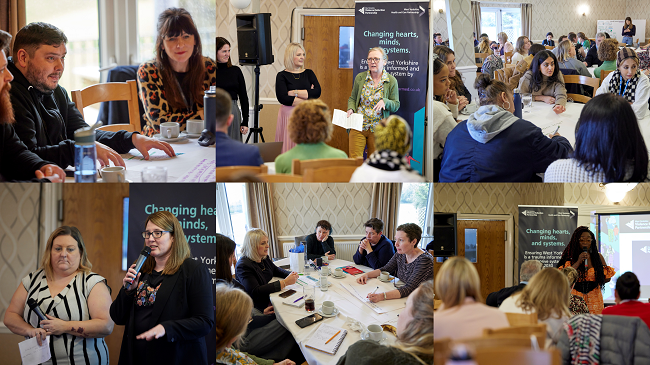 Around 200 people joined our Adversity, Trauma and Resilience Knowledge Exchange 2024 run jointly with the West Yorkshire Violence Reduction Partnership from Tuesday 5 to Thursday 7 March. Changing hearts, mind and systems was the theme for our fourth Knowledge Exchange, our annual event bringing partners together with a common aim of helping to strengthen community resilience, build real change and improve lives.
Around 200 people joined our Adversity, Trauma and Resilience Knowledge Exchange 2024 run jointly with the West Yorkshire Violence Reduction Partnership from Tuesday 5 to Thursday 7 March. Changing hearts, mind and systems was the theme for our fourth Knowledge Exchange, our annual event bringing partners together with a common aim of helping to strengthen community resilience, build real change and improve lives.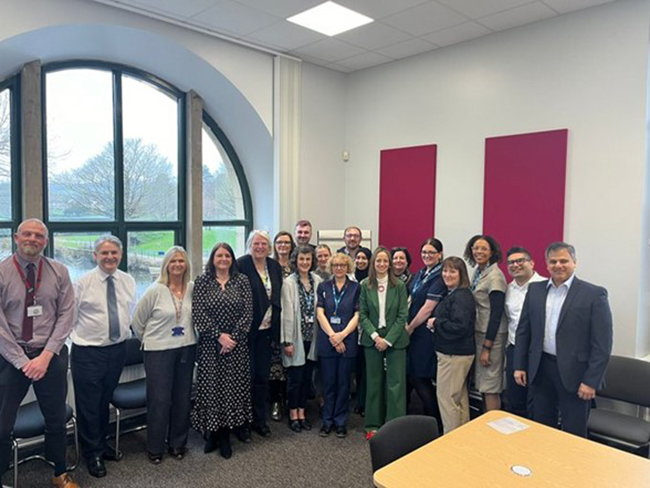 Helen Whately, Minister for Social Care, visited Bradford District and Craven on 7 March to hear more about the district’s reducing inequalities programme that proactively targets health inequalities. The Minister heard about three integrated services that bring together specialists across health, care and voluntary organisations, and the positive impact of their work.
Helen Whately, Minister for Social Care, visited Bradford District and Craven on 7 March to hear more about the district’s reducing inequalities programme that proactively targets health inequalities. The Minister heard about three integrated services that bring together specialists across health, care and voluntary organisations, and the positive impact of their work.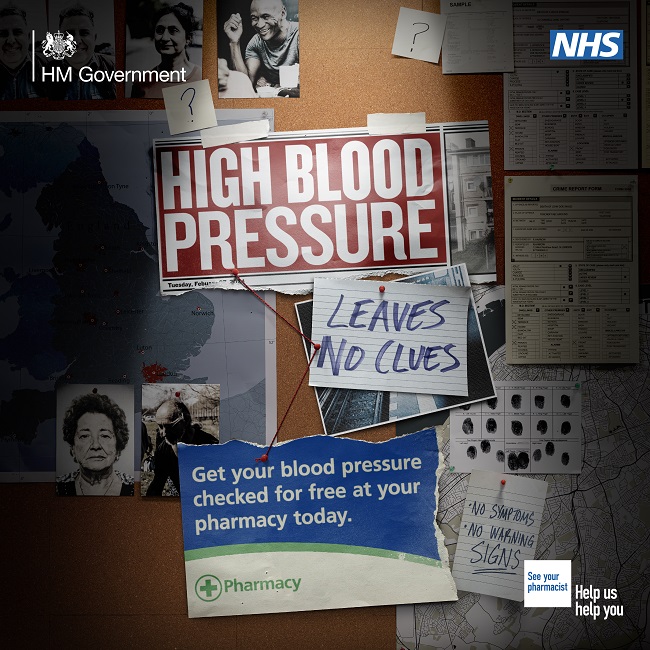 The Department for Health and Social Care has launched a campaign this week urging people aged 40 and over to get a free, non-invasive blood pressure check at their local participating pharmacy.
The Department for Health and Social Care has launched a campaign this week urging people aged 40 and over to get a free, non-invasive blood pressure check at their local participating pharmacy. 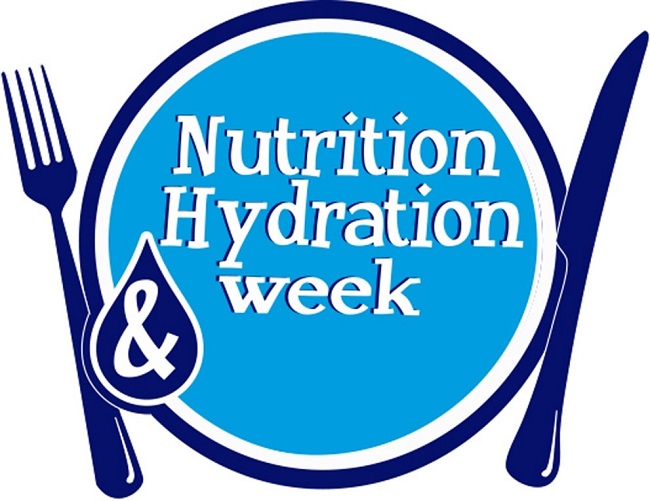 This week (11 – 17 March) is
This week (11 – 17 March) is 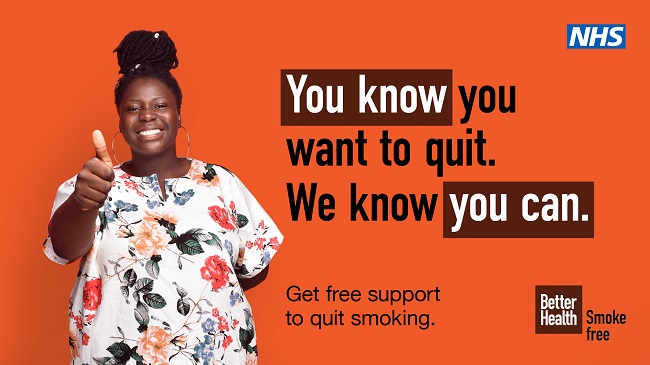 On Wednesday 13 March we marked the 40th anniversary of No Smoking Day, a time for us to unite and offer encouragement and support to those on their quitting journey.
On Wednesday 13 March we marked the 40th anniversary of No Smoking Day, a time for us to unite and offer encouragement and support to those on their quitting journey.